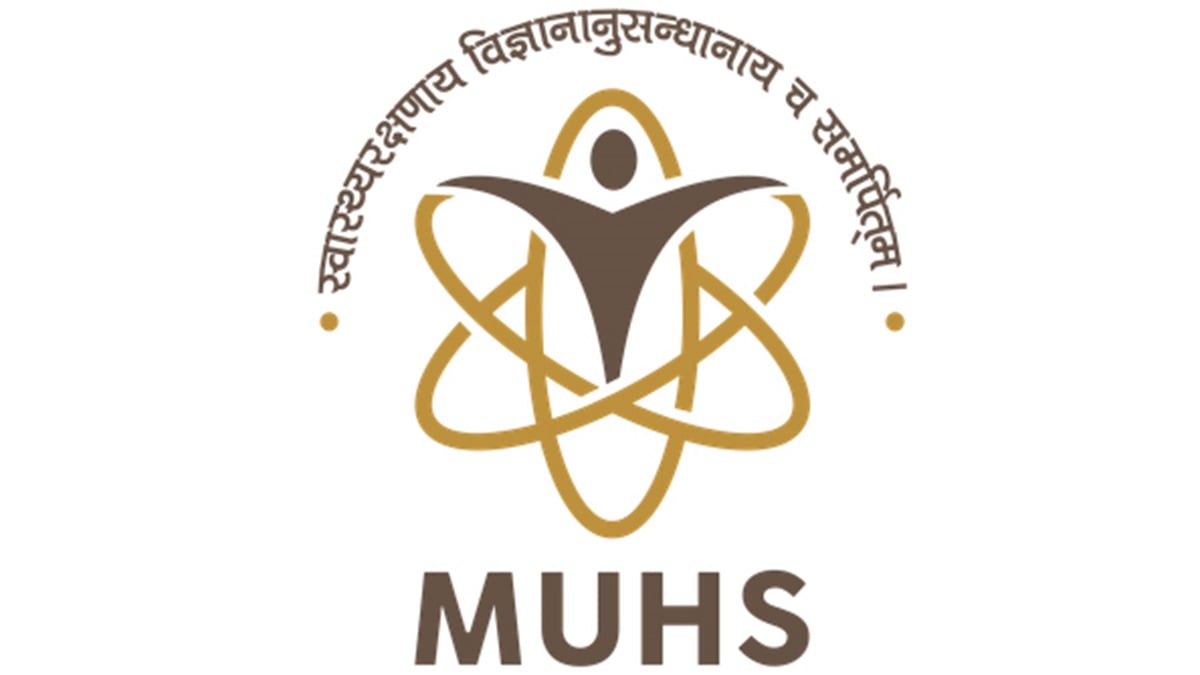Maharashtra University of Health Sciences to host first symposium on tribal health in Nagpur, addressing healthcare challenges and solutions for tribal communities | Wikipedia
Mumbai: With its community outreach project showing startling findings on changing tribal health and the need to discuss innovative solutions and strategies for improving healthcare in tribal areas, the Maharashtra University of Health Sciences (MUHS) is set to organise its first-ever symposium on tribal health next month in Nagpur.
Tribal populations often grapple with significant health disparities due to geographic isolation, inadequate healthcare access, and socio-economic challenges. These communities are disproportionately affected by malnutrition, infectious diseases, and chronic illnesses such as diabetes and hypertension. The lack of healthcare facilities and trained personnel exacerbates these issues, resulting in high rates of illness and mortality.
Speaking to FPJ, Lieutenant General (Retd) Madhuri Kanitkar, Vice-Chancellor of MUHS, highlighted the university’s efforts to tackle these challenges through Project BLOSSOM, an initiative that laid the groundwork for FIST-25.
“Project BLOSSOM emerged from our data findings at the Government Dental College and Government Medical College in Nagpur, where we noticed that many patients from tribal communities sought medical attention only in advanced stages of illness,” she explained.
Project BLOSSOM: A Groundbreaking Initiative
The acronym BLOSSOM stands for Breast cancer, Liver disease, Osteoporosis, Sickle cell, Sexually transmitted diseases, Oral cancer, and Malnutrition. This project conducted extensive health screenings in 18 tribal villages in Vidarbha, covering over 6,300 individuals and performing 33 clinical investigations. The findings revealed alarming rates of malnutrition, infectious diseases, and lifestyle-related conditions, highlighting the urgent need for targeted healthcare interventions.
“We realised the importance of early screening and community engagement,” Dr. Kanitkar said. “Students played a pivotal role in the project, conducting screenings and interacting with tribal populations. This not only sensitised them to societal challenges but also gave them hands-on experience in research and communication.”
The project also shed light on critical issues such as poor menstrual hygiene awareness and a shift in dietary habits among tribal communities, with processed foods like chips replacing traditional staples.
“It pained me to see menstrual hygiene information and its availability had so poor penetration. Lifestyle diseases were increasing. There is a change in dietary pattern from traditional foods to even there were things like chips and all had reached there. We felt the need to have a platform like the symposium aiming to address critical health challenges faced by tribal communities in Maharashtra. The symposium will give platform for sharing knowledge, experiences, and best practices, fostering collaboration among stakeholders,” said Dr Kanitkar.
Driving Policy Change Through Collaboration
The FIST-25 symposium aims to foster collaboration among stakeholders, including policymakers, healthcare providers, and researchers.
As part of the symposium, MUHS will introduce the TEER-25 Award to recognise innovative research in tribal healthcare. The initiative underscores MUHS’s commitment to bridging healthcare gaps and ensuring equitable access for underserved populations.
Earlier this year, MUHS signed a memorandum of understanding (MoU) with the All India Institute of Medical Sciences (AIIMS) in Nagpur to collaborate on research initiatives focused on tribal health. “By addressing tribal health, we can improve the quality of life for these communities and take a significant step towards achieving overall public health goals,” Dr. Kanitkar emphasized.
FIST-25 will feature over 20 national and international speakers and bring together more than 700 experts to discuss innovative solutions and strategies for improving healthcare in tribal areas.
